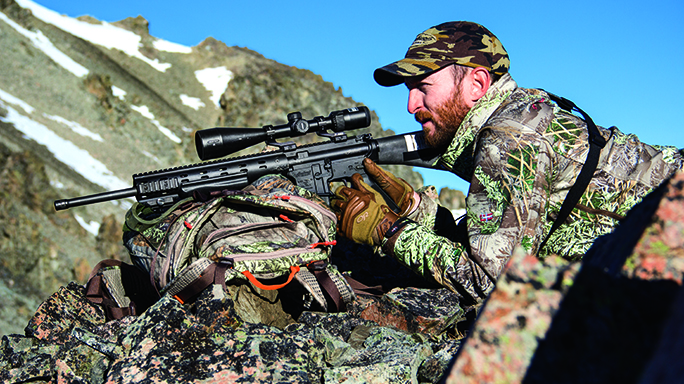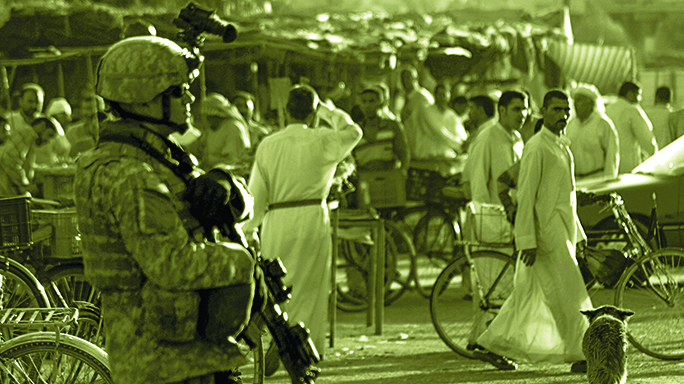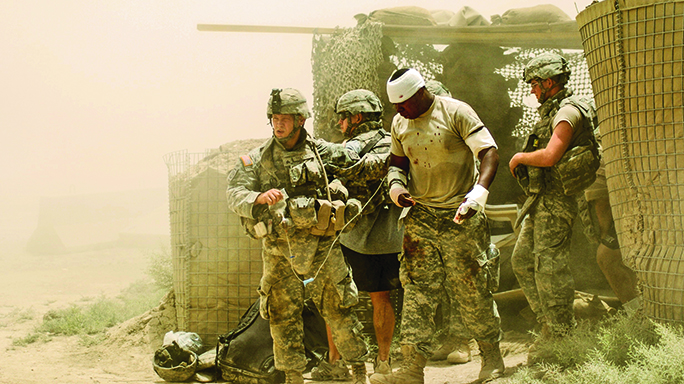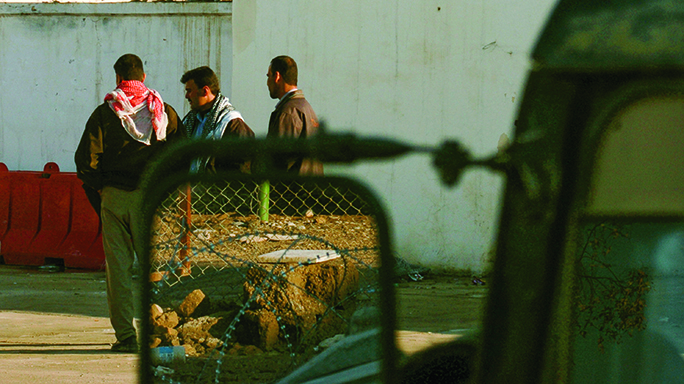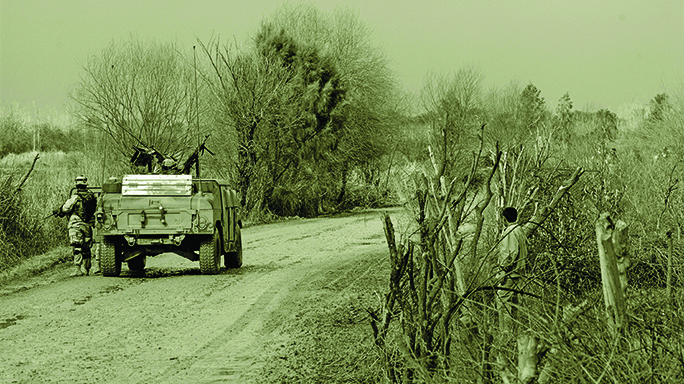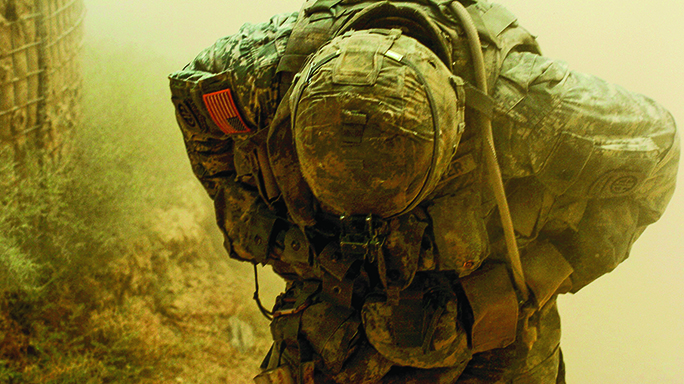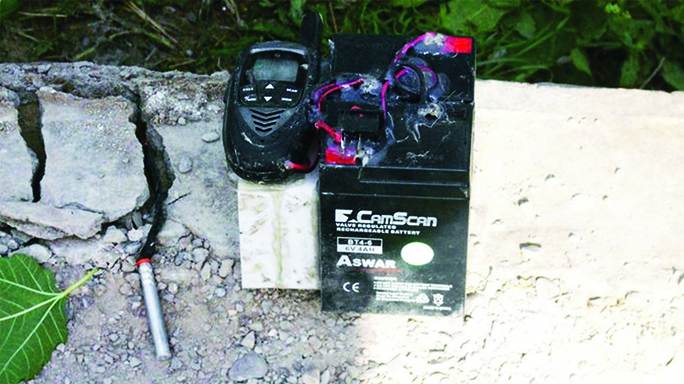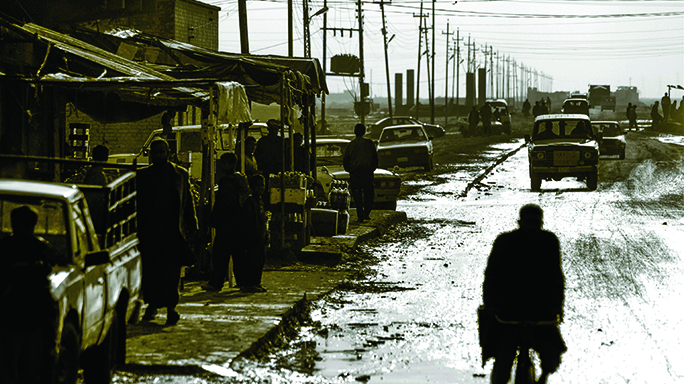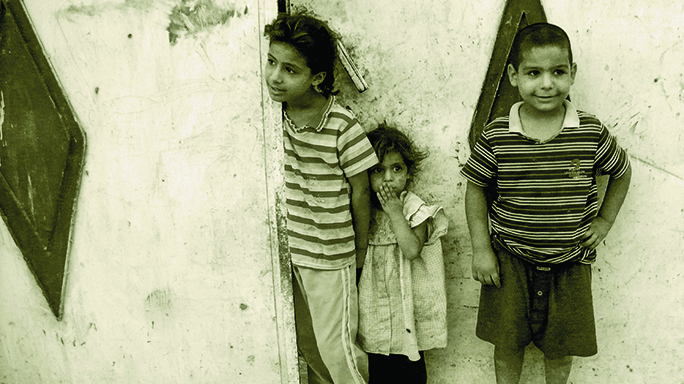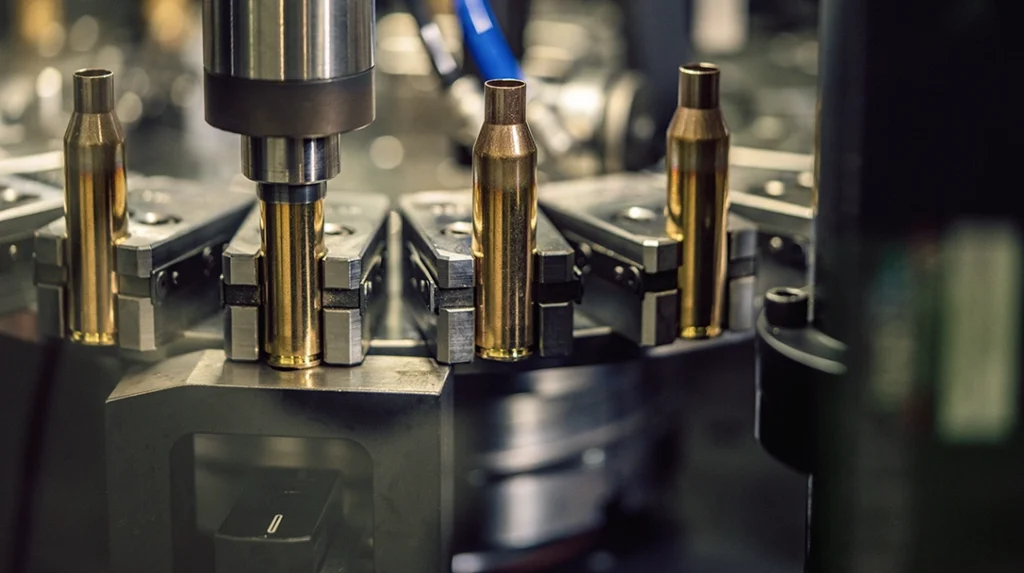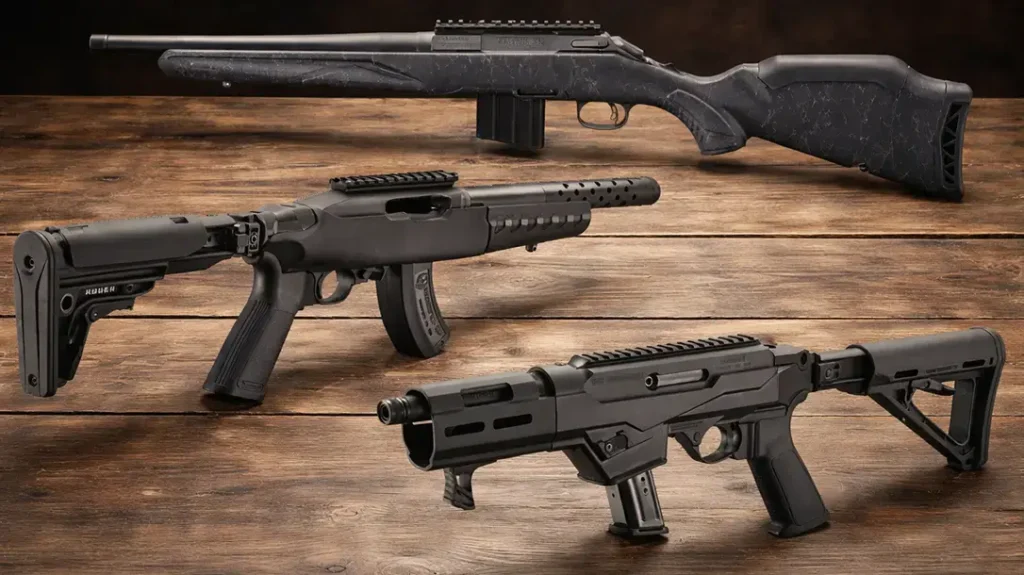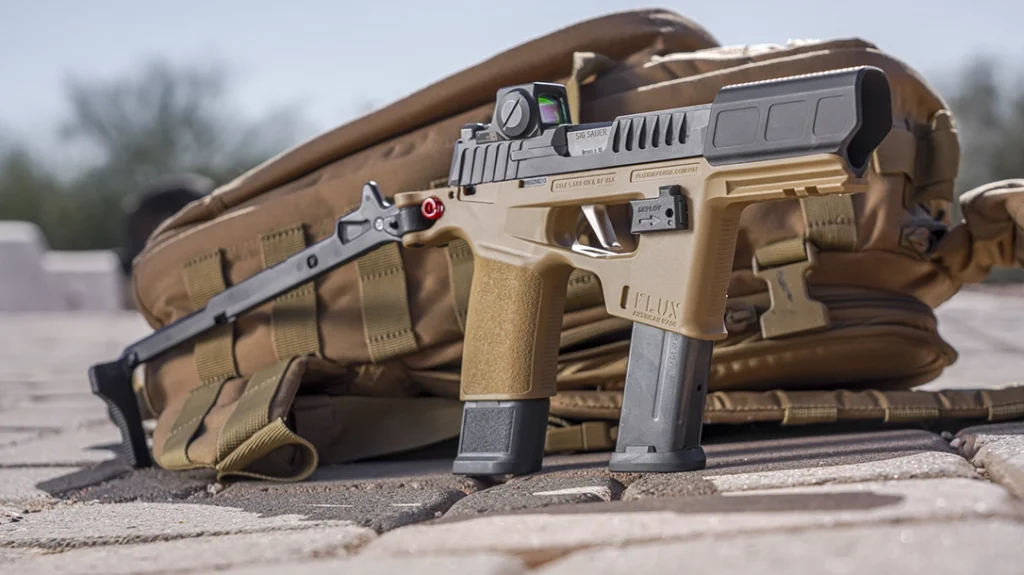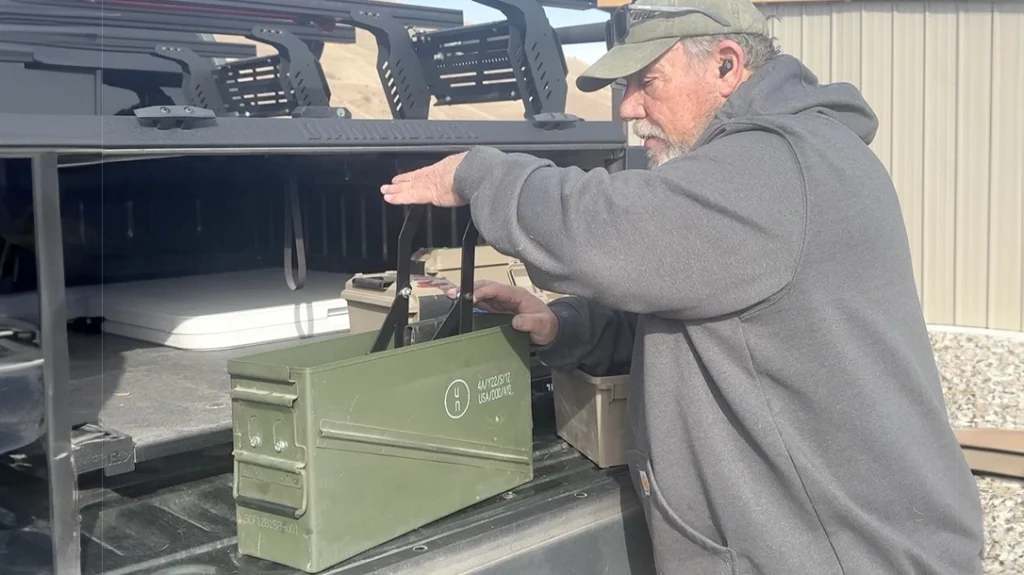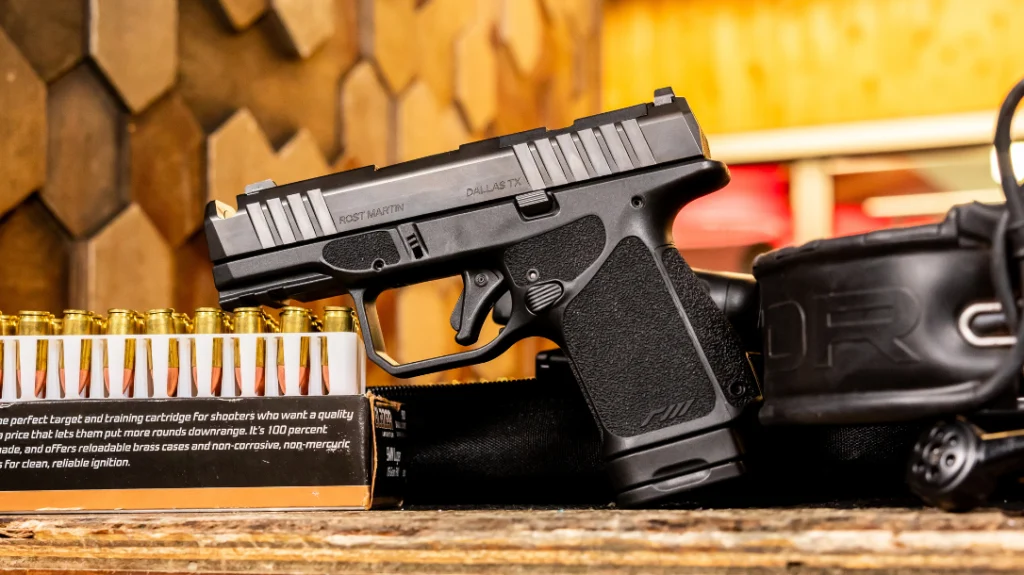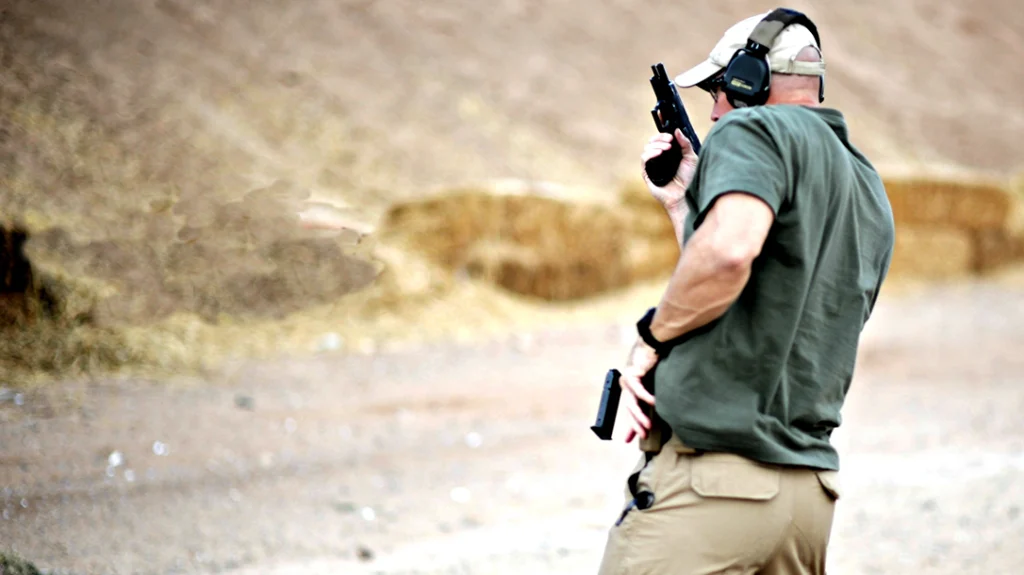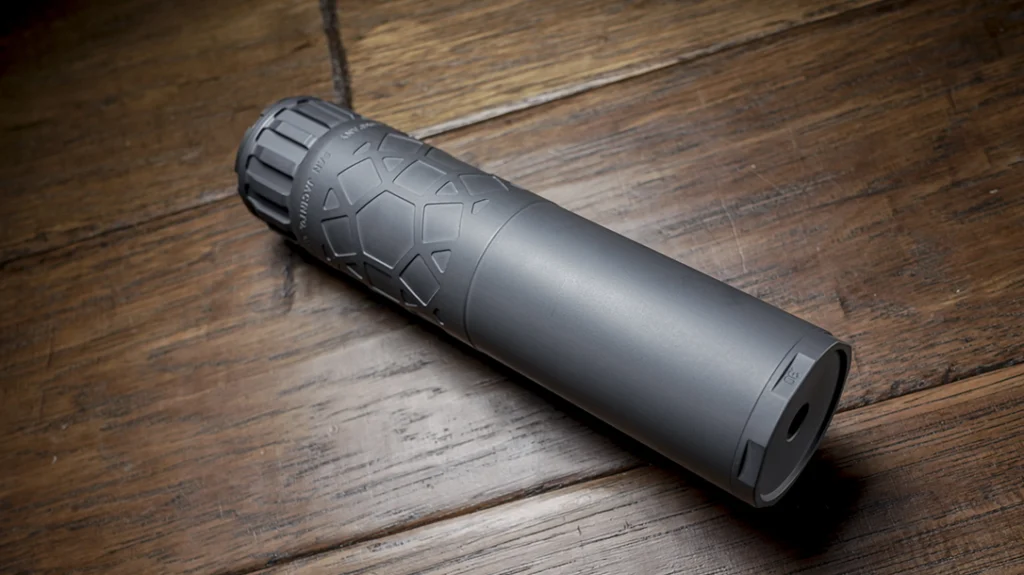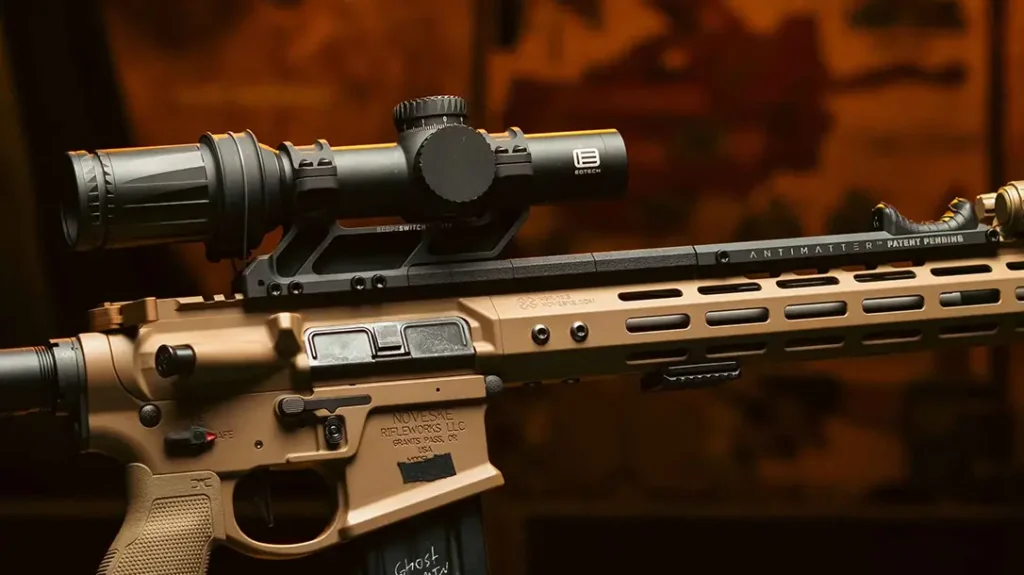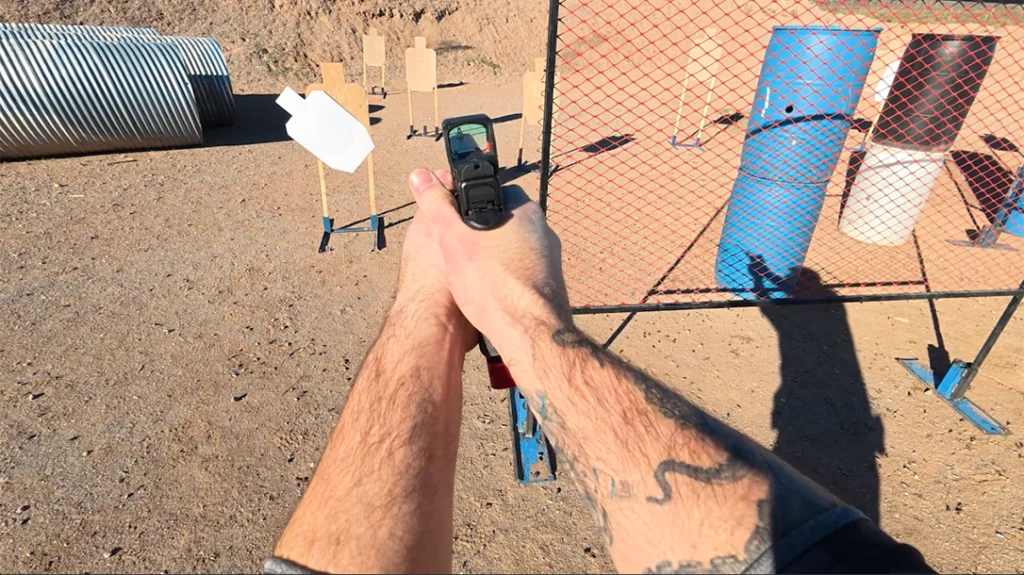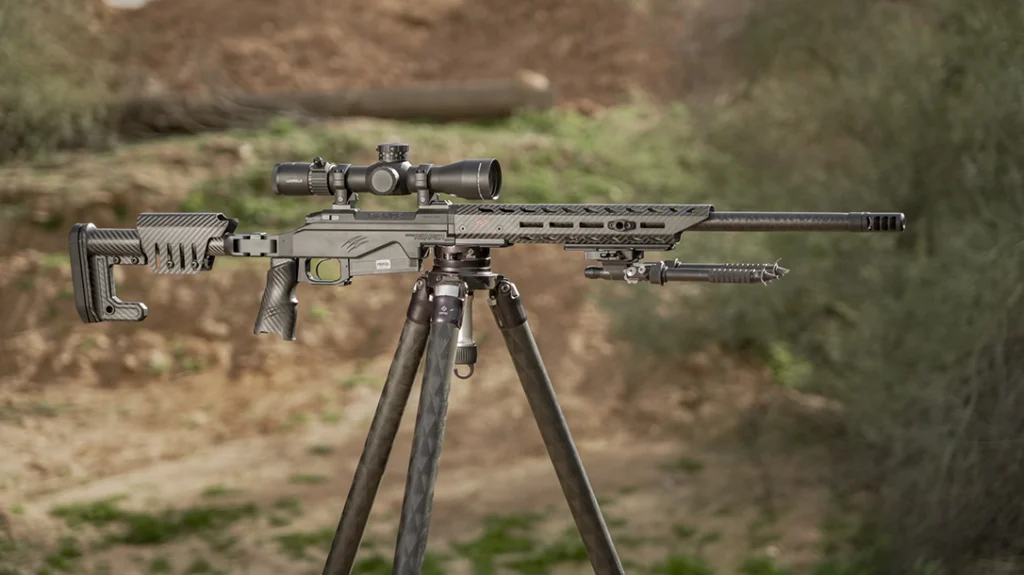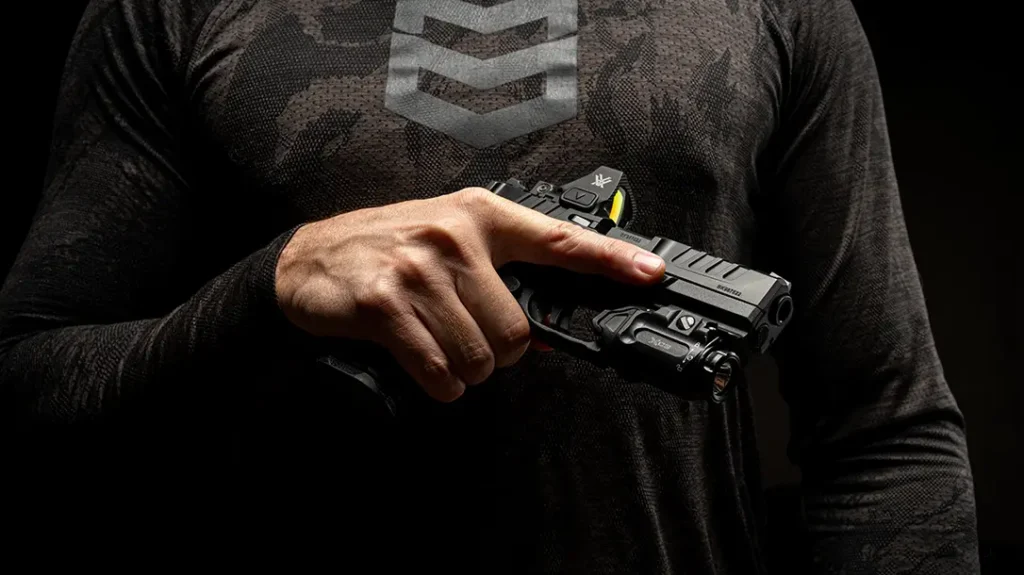After surviving eight bomb blasts, Josh Kinser has a lot to say. But even more important is what he has to say about his experiences and moving forward.
Watching the news, reading the paper and scouring the Internet has become a part of everyday life; and it’s funny how this daily routine changes what you accept as the
truth. As you get a bit older, and a bit wiser, you start to realize that not all of which is reported is “The Golden Truth.” The digital age has especially opened the doors to “convenience reporting,” with much of the content being unsubstantiated, unverified fluff designed to simply be controversial enough to grab our attention.
- RELATED STORY: The Legend: The Hero-Inspired Chris Kyle Jeep
Oftentimes, it’s simply the rush to be the first outlet to report anything that has trumped the original mission of accurate reporting in journalism and content sharing, leaving truth seekers confused. These days, we realize that much of what they feed to us is not impartial and balanced. We begin to understand that many of these stories are twisted and manipulated to sway our views and feelings, and it’s become an ongoing battle to filter biased delivery – but not on these pages.
Advertisement — Continue Reading Below
This section of Ballistic Magazine is dedicated to those who’ve survived epic moments in service, and it’s our mission to present it to you completely raw and unadulterated. The entire purpose of this section is to give these survivors a voice to speak to you in a first-person perspective about how they feel, what they’ve endured and what they’ve learned during the most trying moments of their enlistment.
Our subject here is Josh Kinser. The retired Army staff sergeant was gracious enough to grant us an interview, and what he had to say was both powerful and enlightening. Kinser’s service took him into a variety of situations that would have certainly broken a lesser man. During his term, he survived eight explosions and a ninth failed attempt, which would have ultimately ended his life. His descriptions of the events he’s survived are vivid reminders to us all that life is certainly a fragile entity, one in which every day above ground is a good one.
As a survivor who has seen many meet untimely deaths, Kinser’s passion for life and upbeat enthusiasm is both motivating and invigorating. He is living proof that adversity certainly gives us a chance to be stronger, and push ourselves to find ways to overcome even the most difficult of situations.
Advertisement — Continue Reading Below
As the current Vice President of the Texas Trophy Hunters Association (TTHA) and producer for Trophy Hunters TV, Josh brings plenty to both the table and the TV screen.
He’s got plenty to say when it comes to what he’s experienced on the front lines, and his perspective on what he’s experienced and seen after the fact is equally as powerful.
After surviving multiple explosions, what can you tell us about those experiences?
Advertisement — Continue Reading Below
I went through a crazy amount of blasts. It got to a point where I was kind of the joke when new guys would come in. You’d hear fellow soldiers joking around and saying to newbies, “Oh, you’re on Kinser’s team? He gets blown up a lot!”
Was surviving these blasts a matter of training, skill or luck?
I’d say luck and God’s good graces. In war, death is a flip of the coin when it comes to these situations. If a piece of shrapnel blows one way and you zigged when you should have zagged, you’re done. I was extremely lucky and I’ve seen many untimely deaths because of bad timing.
Advertisement — Continue Reading Below
What types of blasts have you experienced?
I’ve been blown up so many times with different types of explosions. If you’re not familiar with explosives, then all you have to understand is that they’re rated on a scale, and either slow or fast. Without getting too technical, C4 creates a sharp explosion, which is meant to tear or take down things such as bridges, whereas ammonium nitrate is on the other end of the scale, and provides a very slow, plasma-like explosion. They’re both definitely two very different experiences.
What are some of the after affects of those blasts? And what do you feel post-blast?
Advertisement — Continue Reading Below
The C4 is like somebody hitting you with a 2×4. It’s abrupt, whereas ammonium nitrate is a slow blast, which you really feel. The blast effect from that type of explosion messes with you for days. The force is extreme and wreaks havoc on your insides, and one of these blasts can easily cause major internal injuries.
Those ammonium nitrate bombs are slow, but very powerful. The plasma effect it creates pushes through you in an instant. Actually a lot of EOD (Explosive Ordnance Disposal) guys have gotten major internal injuries and the scenarios aren’t like those seen in movies. In one case, there was a bomb that blew up on the other side of the wall. Once the blast went off, the soldier was knocked over and got back up on his feet thinking he was okay. Little did he know the force had ruptured his organs and left him in dire straits. It’s almost impossible to explain, as the feeling is unreal and totally indescribable.
How different are the effects of the blast when it comes to being inside a vehicle or being on foot?
Advertisement — Continue Reading Below
Anything you can put between you and that explosion is going to hurt you less. The armor of the Humvee really does save lives. The Humvees we rode in were made to withstand explosions.
What was one of the worst blasts you’ve experienced inside a vehicle?
One of the largest bombs we hit twisted the frame of the Humvee. We were up on a berm, and when it went off, it blew us up in the air, and rolled the Hummer one and a half times. Let’s just say this, by the time they brought the vehicle back the frame was so twisted that only two wheels touched the ground at the same time. That blast really rocked our world. Those Humvees may have been heavy, slow and broke down a lot, but they helped us survive.
Advertisement — Continue Reading Below
What feelings or emotions run through you after a blast?
After a blast, your life doesn’t flash in front of you like in the movies. Afterward you have a major sense of dizziness, twirling and queasiness, and even if you walk away, it is very disorientating. It’s an odd feeling, and the damage it does is indescribable. It could actually take up to two weeks to recover, and even at that, it feels like you have shards in your stomach. To add to that, probably one of the worst feelings is still having blood in your stool weeks later. That lets you know just how bad it is and how lucky you are to have survived.
We’re sure every blast you survive is memorable, but is there one that stands out for any particular reasons?
Advertisement — Continue Reading Below
I went through eight explosions but the most devastating was the ninth one, which did not even go off. We actually entered a house that was rigged to blow, and we all got out alive because of a bad blasting cap.
Why didn’t the bomb go off? And how did you find out about the bad blasting cap?
Let’s just say I thank God that some guy drank too much the night before going into work at the bomb-making factory, because he obviously didn’t put the blasting cap together correctly. We didn’t find this information out until a couple of weeks later. The EOD guys came up later and told us. When they found the bomb, the numbers on the bomb’s detonator (a two-way radio) were actually flashing but it didn’t go off. The EOD guys went back and checked and said that it was due to a faulty blasting cap, which has a defect rate of 1 in 10,000.
Throughout this whole interview, you’ve been in high spirits. What gives you the ability to joke about your experiences? It’s so far from what we expect and what the media normally reports.
In the Army, we have a term that’s called “Embrace the Suck,” and you really have to do that. Fighting with other soldiers really is a bonding experience, and I thank God I made it through. Many didn’t, and others have really been affected, and we have to pray for them.
It’s odd. I remember when we used to be driving down the road saying, “Please don’t blow up, road! Please don’t blow up!” I guess you could say that the joking and the humor was a coping mechanism. I’ve seen the same sort of humor occur with burn patients. They have this self-deprecating humor where they make fun of each other. I’ve seen them call each other “Crispy Critters” all while laughing. Now to the general public, and to other civilians, they may find these actions horrendous and reprehensible, but these soldiers have accepted it, and they can make light of it.
There was one guy from our unit. We didn’t know him as well, but he was still a part of our family. He was hit hard, and my platoon sergeant called the Medevac in to get him out. His name is Bobby Henline. Go ahead and look him up, and you’ll find that he’s now a stand-up comedian and he’s really found a lot of success. There’s a shock value to their humor, but that’s how they deal with it.
So, would you say that the media portrayal has twisted or at least filtered what they want the public to expect from soldiers who return from war?
Media has no idea. The media has a pre-conceived story in mind and they want every writer to get stories about soldiers returning only to be broken souls shaking like a leaf and sitting in their car at a stoplight having flashbacks. They want it to be like the Vietnam movies, which in most cases is fictitious.
- RELATED STORY: 10 Questions with Ryan Smalls of US Fugitive Service
On Trophy Hunters TV, we often bring in wounded vets to go hunting and tell their stories. When I film TV shows with wounded vets, I never want to do the “poor me” approach. I want to show the strength of those who were injured and give good examples of those who were unbroken and determined to overcome. I want to show living examples of “adapt and overcome.”
Do you have any other examples of soldiers who have returned after horrendous experiences and moved on?
Yes, there’s a trooper named J.D. Williams who is missing both legs and one arm. The guy’s more active outdoors than 99 percent of people who are able-bodied, and that’s the spirit of the guys I fought with, not the common media portrayal. He is awesome. I love him. I’ve seriously questioned myself many times – would I have his same attitude and resolve if I was the one in his situation. What I’ve come up with is that I simply don’t know. I hope that I would.
Do you think the media are just trying to glamorize those who appear to be struggling more? Being a survivor yourself and seeing others make it through, what stories do you want the media to cover?
There are definitely a lot of people who are combat-wounded and suffering, but there are also plenty who just want sympathy and the checks — an epidemic that is further propped up by media portrayal and does nothing but back up this entire system for the ones that need help.
The media needs to show more examples of guys who are fighting to live on instead of some desk jockey who claims to have seen one IED go off and all of a sudden can’t sleep because of construction going on down the street. A lot of [soldiers] are fed up with the pseudo combat veteran that has become the icon for what really isn’t.
